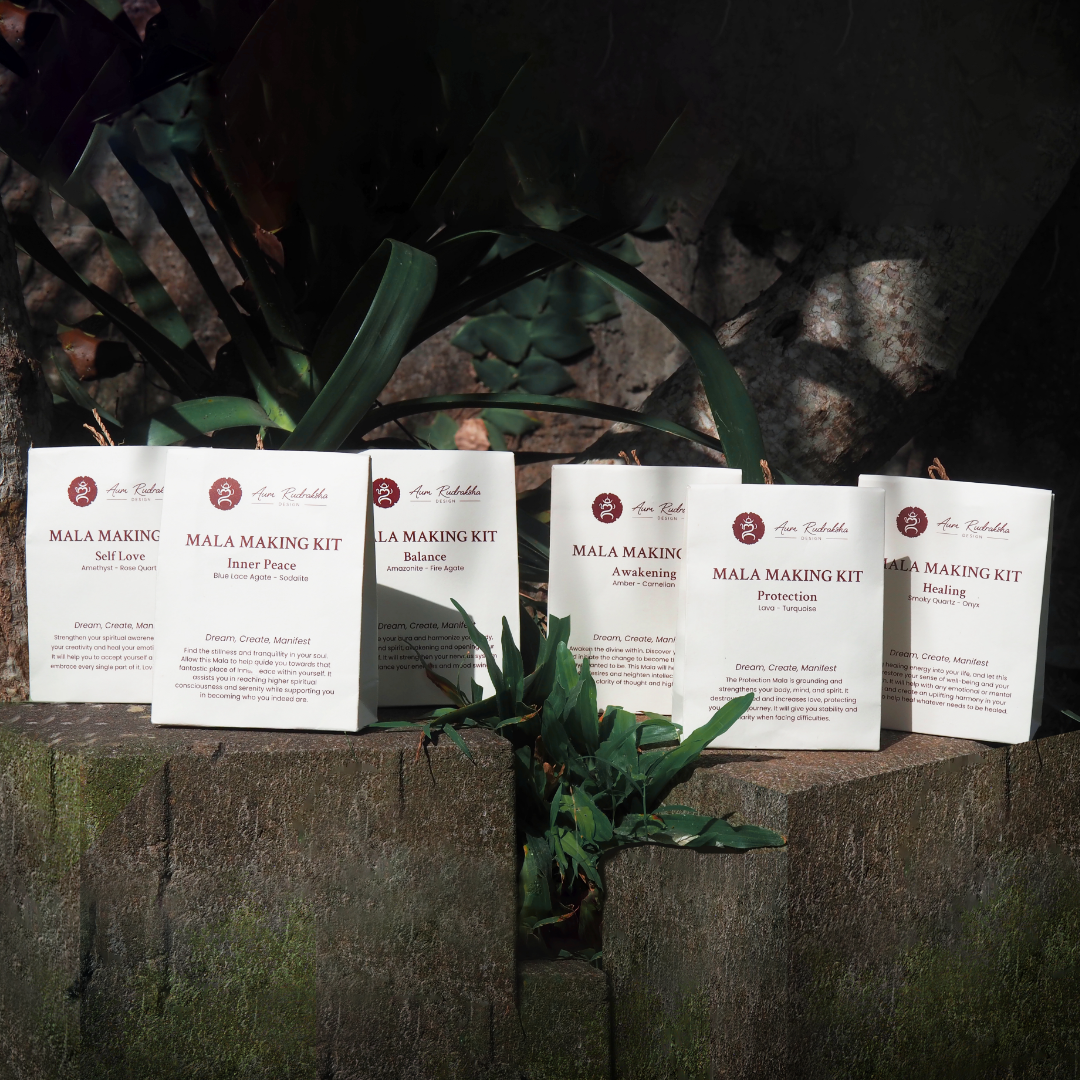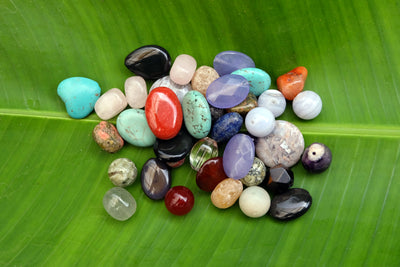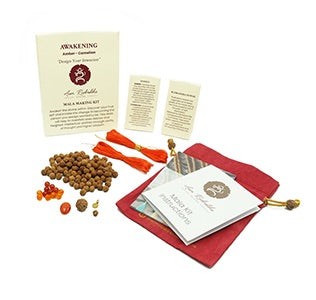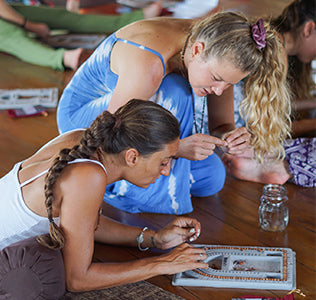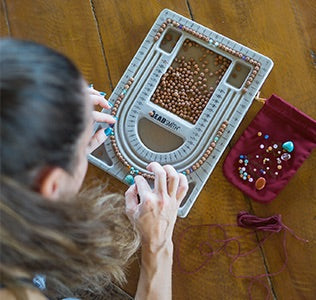Reflecting on the Year: How to Look Back Without Getting Stuck

With the year ending, you're probably seeing reflection prompts everywhere. We're all so busy doing things that we rarely stop appreciating how far we've come or what we've learned. Reflecting on the year gives you that moment to look back and notice the progress, even if it feels like you didn't do much. You might be surprised by how much you've grown.
It's also a chance to see what worked and what didn't. Sometimes, we mess up or deal with setbacks, and instead of being stuck in frustration, reflecting helps us figure out why things didn't go as planned so we don't keep making the same mistakes. Reflecting is super helpful for making decisions in the future.
However, when people talk about reflecting on the year, it can feel more like a checklist of things you should have accomplished rather than something that helps you grow. The usual reflection prompts create pressure instead of insight. Reflecting deeply can mix your emotions. There might be some joy, but also moments of regret or even a sense of overwhelm. Instead of feeling lighter, the process can feel heavy, sometimes leaving us more stuck than inspired.
Instead of trying to fit yourself into a specific idea of what reflection should look like, let's break it down in a simpler way. You don't need to have all the answers or think deeply about everything at once. You can reflect in smaller, more intuitive ways that don't feel so heavy. Here are a few ideas to help you reflect without getting stuck:
Limit Your Time for Reflection
Reflection can become overwhelming if you try to review the entire year all at once. To make it easier, set a time limit for yourself. Aiming for 10-15 minutes daily (or even every other day) is often enough to get meaningful insights without feeling bogged down. This approach also allows your mind to process each session's reflections more deeply.
Think of it as "snacking" on reflection rather than feasting all at once. We care more about quality than quantity. The aim is to keep each reflection session focused and intentional. Reflecting slowly can help you stay present and fully engaged with each thought. Setting a time limit creates space to process without getting overwhelmed.
Write It
There's something uniquely powerful about picking up a pen and letting your thoughts spill onto paper. Writing by hand engages your brain differently. It slows you down, demands your full attention, makes you intentional, and keeps you focused on each word.
‘Can't I just type on my phone or laptop?’
Sure can, but typing often feels effortless, thanks to autocorrect and spellcheck, which can make it more mechanical. That's why writing by hand isn't just reflective—it's also a grounding mindfulness practice. There's no autocorrect to save you. It's just you and the page. When you write your reflections, you create a little piece of history, a tangible memory you can hold onto for years.

Separate "What Happened" from "How I Felt About It"
When reflecting on your year, the key is to step back a little and give yourself some space from your past self. Instead of looking at your experiences through the lens of "good" or "bad," try to adopt a mindset of curiosity. You're not there to judge or criticize but to understand. Think of it like you're a wise friend talking to someone you care about deeply, or even like you're a mentor advising a younger version of yourself. It helps to detach a little emotionally and view things more neutrally.
Reflecting this way is not about "fixing" your past or reaching a significant conclusion. It's about seeing things for what they were and how they helped shape you without getting stuck in regret or frustration. Also, you're not that person anymore, and that's good. So when you reflect, think of yourself as two different people: the "past you" who went through the experiences and the "present you" who has grown from them.
Write 12 Tiny Stories: One for Each Month
When you're ready, write a short story or reflection for each month, which can break down your year into more digestible parts. These stories don't have to be detailed. Think of each as a snapshot, capturing what that month meant. Perhaps one month was defined by a personal victory, another by a challenge you didn't expect, and another by a moment of deep peace or growth.
These stories are a way to capture what felt important each month. By keeping them short, you can reflect on the year without getting weighed down by endless details. Once you have these 12 little stories, read them to get a big picture of your year. You might notice themes, recurring lessons, or areas of growth. Ask yourself: Based on what I experienced this year, where would I like to focus my energy next year?
Be Gentle and Take It Easy
Reflection can sometimes feel heavy, especially when looking back on challenging moments. It's easy to slip into self-criticism or to start comparing yourself to others. But this process isn't about "scoring" your year or fixing things that went "wrong." It's about seeing your year with compassion.
Approach your reflection as if you're talking to a friend. What would you say to encourage them if they felt disappointed or unsure? Offer yourself the same kindness. Allow yourself to feel proud of the wins, accept the struggles, and understand that they were all part of your journey. Being gentle makes you more likely to gain nourishing and affirming insights rather than judgmental. Reflecting this way lets you move forward with peace and clarity rather than frustration. And remember, you don't need all the answers now.
In the end, it's not about being all serious and deep. It's just a way to check in with yourself, appreciate what you've done, and get clear on what you want next. It helps you take a step back and see the bigger picture. Plus, it feels good to take a moment and reflect on everything you've made it through. Good luck!


